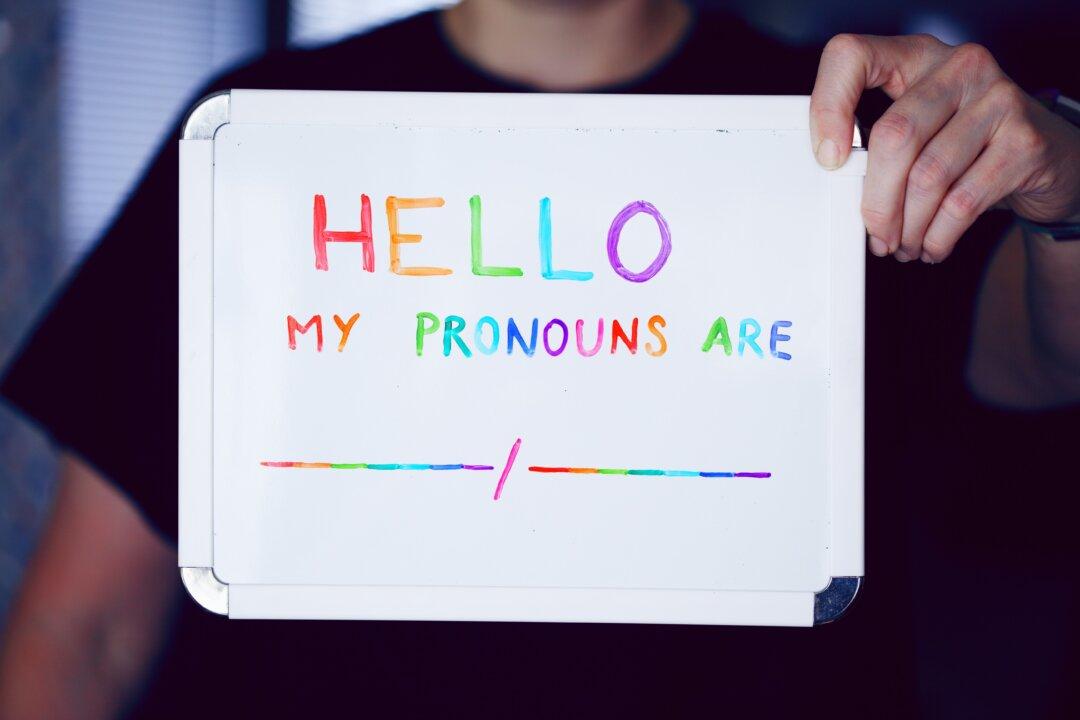Commentary
In mid-June, an organization called “Therapy First” held its very first in-person summer retreat. Therapy First states on its website that the organization “is a non-profit professional association of over 300 mental health providers worldwide who view psychotherapy as the appropriate first-line treatment for gender dysphoria.”




